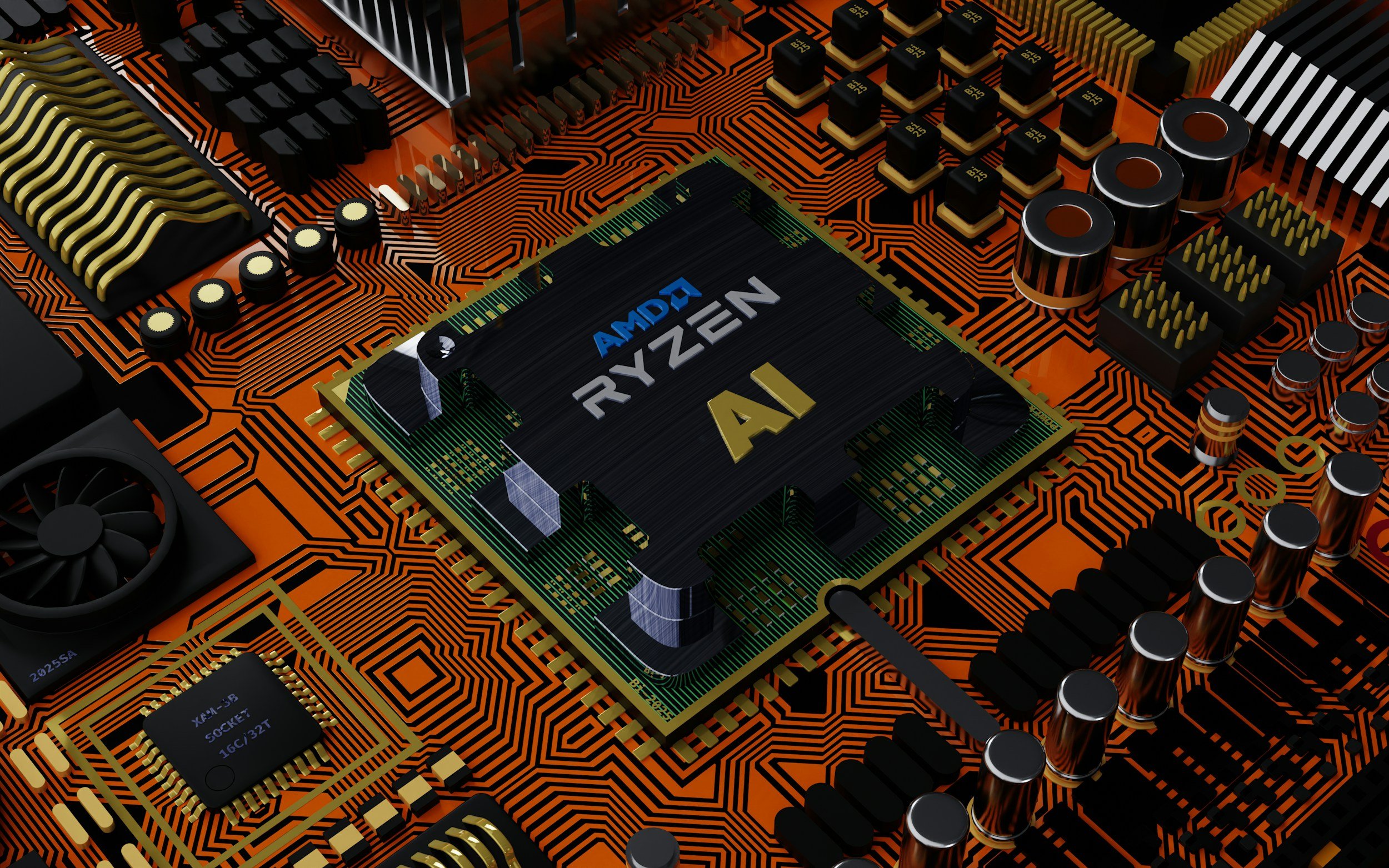
Is AI the beginning of the end or the end of the beginning?
By Pranay Ross
AI and Robots
“It will either be the best thing that’s ever happened to us, or it will be the worst thing. If we’re not careful, it very well may be the last thing.”
-Stephen Hawking
Is life as we know it at an end?
OpenAI, a leading research institute in the field of artificial intelligence, has developed a pre-trained machine learning model which has the ability to reciprocate to a text input in a human-like manner. ChatGPT was trained on a massive corpus of text data including books, articles and webpages allowing it to generate responses are both coherent and contextually relevant. This innovative technology is a powerful tool which can be used for various applications, such as language translation and original content creation.
ChatGPT operates on a simple principle; it takes an input in the form of text, processes the inputted text to generate a response based on the patterns learned during training and finally, outputs the response to the user. This principle is based on the same model used in all computers - IPO (input-process-output) model. The output is not a simple phrase, but a full-fledged response which can be up to paragraphs long due to its understanding of context and relationships between words.
ChatGPT’s advanced machine learning allows the chatbot to reply to whatever is thrown at it from users. The main benefit is that when users search their queries, an exact answer to their question is generated in detail and phrased so it is original. This is particularly useful since searching the same query on a search engine (such as Google) would result in answers on many websites framed differently. It is harder to find an exact answer when going through different websites. Another advantage is time. OpenAI’s technology can produce a response within minutes, depending on what is asked of it, making it extremely easy to produce long pieces of text in short amounts of time making the process of writing a document more efficient. Above all, it is free, inviting everyone with a smart device and internet connection to become the beneficiary of the service.
The main issue with the chatbot is the way users are and will continue exploiting it. An article by The Independent discusses how a graduate was able to achieve a passing grade of 2:2 using ChatGPT. The student, Pieter Snepvangers, decided to test whether this generative AI could be used for coursework and went on to request for a 2000-word essay on social policy. His lecturer awarded him a score of 53, however mentioned the essay was “a bit fishy” and “it was reminiscent of work by lazy students”. The fact that students have access to such capable software, and a new form of cheating may result in more laziness and cause a lack in incentive of being creative and unique. Children will not work as hard due to their reliance on the service meaning their thinking capabilities and problem-solving skills may reduce. In the future, it is highly likely for the AI to be able to generate a 1:1 grade essay making it more concerning for how undemanding work will become, not only for students, but employees too. Therefore, some countries have banned OpenAI’s software, including Russia, China, Iran, Egypt, Ukraine and undoubtedly more to follow.
ChatGPT has come a long way from ELIZA, the very first chatbot released in 1966, and represents a remarkable advancement in the field of language modelling. Its potential applications are numerous, varied and will only grow in potentiality. “With great power comes great responsibility”.




